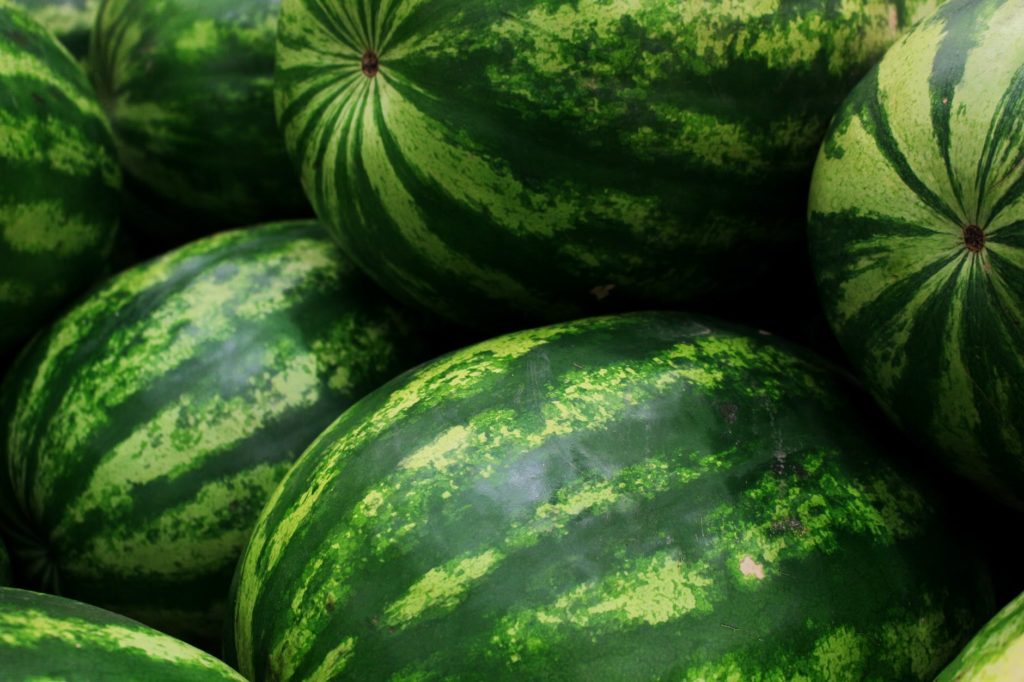
By Clint Thompson
Fungicide programs are crucial for North Florida watermelon growers trying to stave off disease development in their young plants.
Especially following cooler temperatures and heavy winds last weekend, the watermelon crop in the Suwanee Valley region is susceptible to various diseases. Bob Hochmuth, University of Florida Institute of Food and Agricultural Sciences (UF/IFAS) Regional Specialized Extension agent in Live Oak, Florida, discusses the importance of growers being diligent with their fungicide applications.

“Stay on a routine basis as much as we can, given that the wind has not allowed us to get on a good regimen. It’s made it even more difficult to get the spray programs out in a timely manner, because it’s blowing from sunrise to sunset,” Hochmuth said. “We are encouraging them to be on a good program for their particular field situations. We’re still encouraging broad spectrum fungicides like Bravo here early in the season unless there are bacterial diseases and then we switch to mancozeb plus copper spray program.”
Temperatures dropped into the mid-30s last week in the Live Oak, Florida area. But it was the heavy wind gusts that did the most damage. Combined with the increased rainfall last week and the crop is highly susceptible to disease buildup. Growers are already seeing bacterial angular leaf spot, fusarium wilt and gummy stem blight.
“If I could characterize the biggest concern we have is this wind and sand. (Last) Friday and Saturday were relentless blowing sand,” Hochmuth said. “It just beats up the plants and you get that sand blasting impact on the young, tender growth. It has just been relentless.
“The rainfall that we have had is conducive to diseases getting established. In addition to that, there’s one disease in particular, this bacterial pseudomonas disease that likes it cold and wet. We had it wet the end of last week and it was cold over the weekend. It’s certainly those type of conditions that favor certain diseases. The coolness favors the bacteria, more so than other ones that we’ll likely see later on in the season.”










